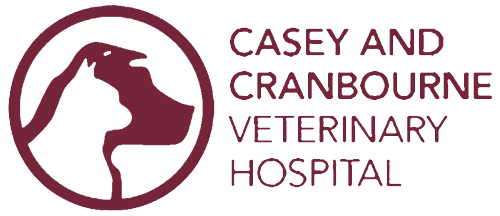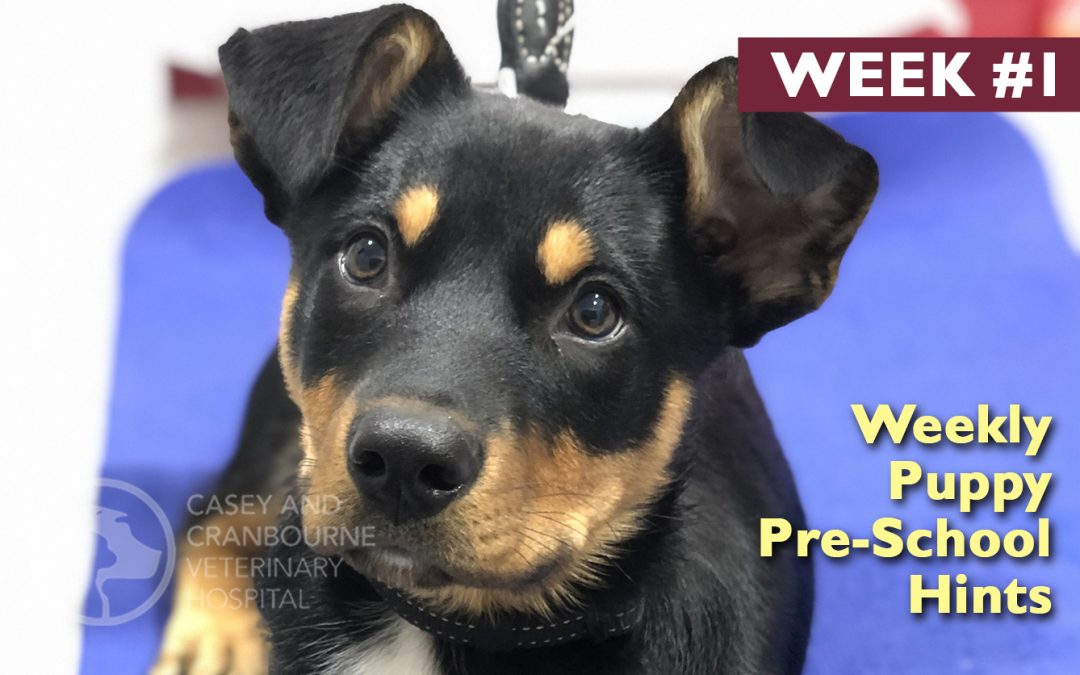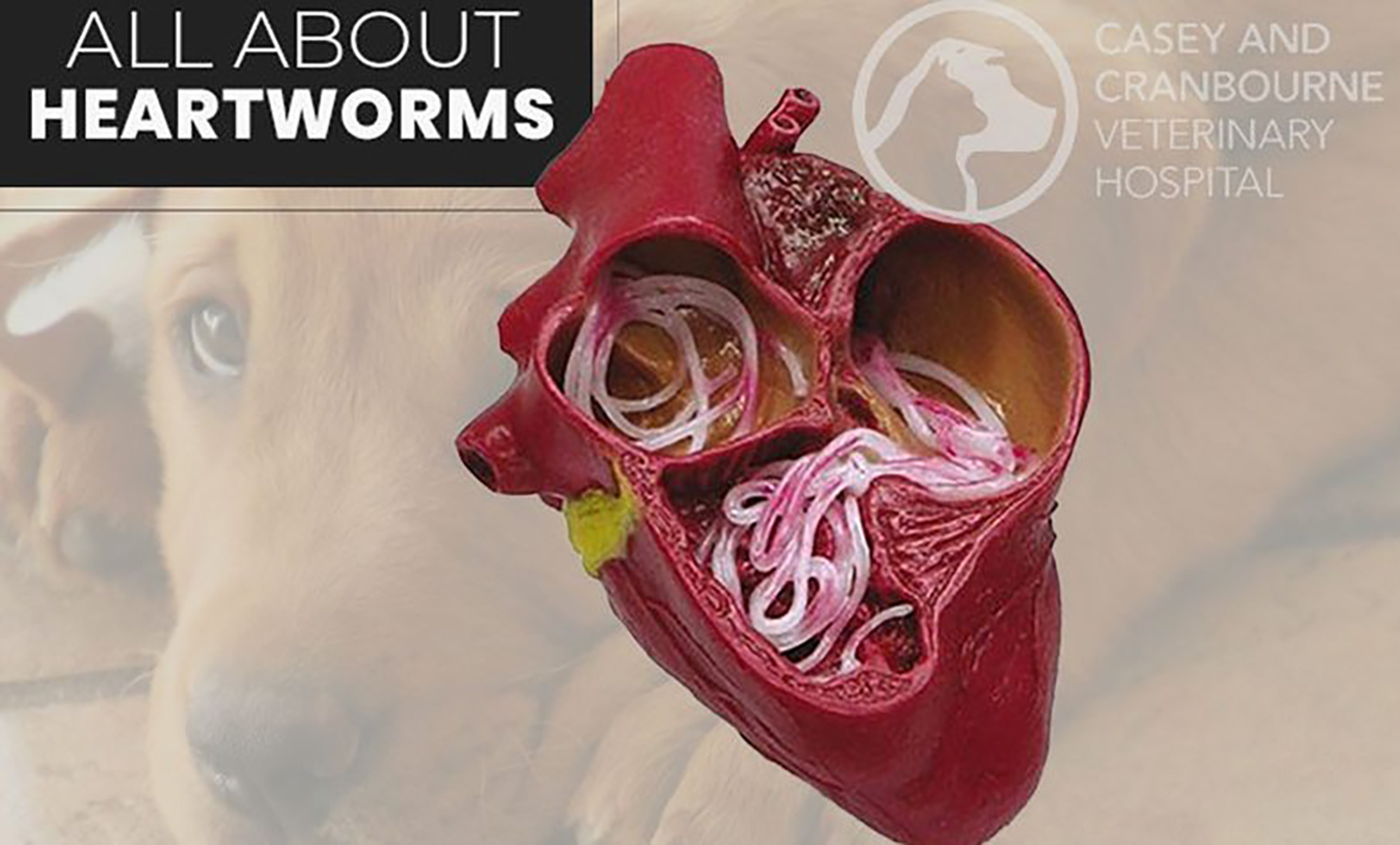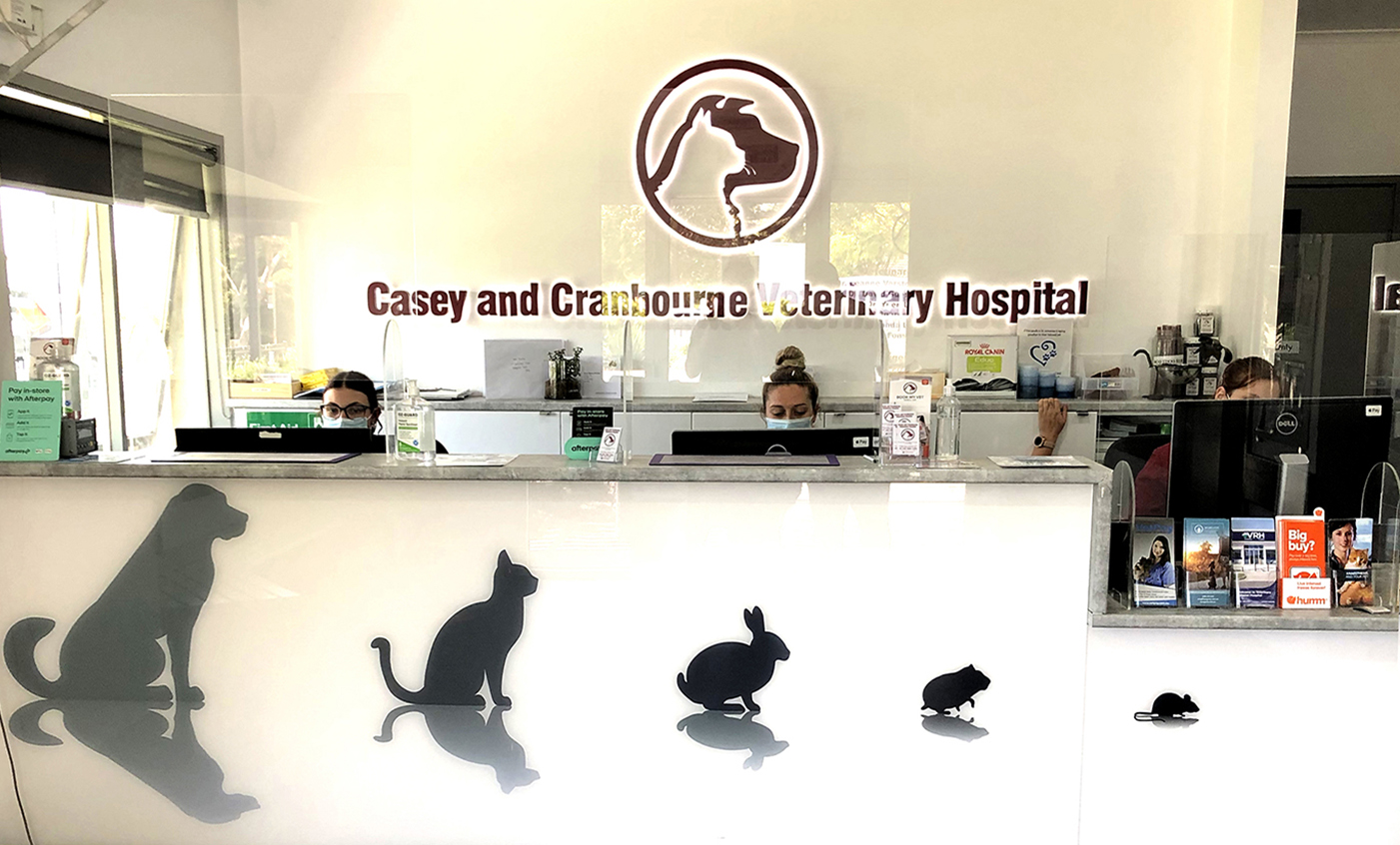Week 1
Puppies start Puppy Preschool when they are aged between 8-14 weeks old. Depending on the age they had their first vaccination with the breeder (usually between 6-8 weeks old), they will be due their first C5 puppy vaccination between 10-12 weeks of age (ie 4 weeks after first vaccination given). We use a vaccination (with parvovirus protection) that breaks through maternal antibodies when puppies are 10 weeks old, allowing these puppies to be walked in communal areas 7-10 days after this C5 vaccination. However, they wont have full kennel cough protection until 7-10 days after their final C5 vaccination given at 14-16 weeks of age.
Knowing your puppy’s vaccination status is important when it comes to taking them out for walks and practising some of the training techniques that will be posted on Cranbourne-Vet’s Social Media over the next 6 weeks or so. If you are still unsure when you can start taking your puppy out for walks based on the above vaccination guidelines, please call the clinic to discuss your puppies vaccination protocol with one of our friendly staff.
Firstly, some helpful training guidelines:
- When starting a puppy with a new exercise, always use an area that has as few distractions as possible.
- If your puppy is struggling to understand the action you are wanting them to do, return to the basic exercise until puppy understands what is required.
- Do not tease or play games with hands, as this encourages play biting.
- Keep training sessions short, 5 minutes at a time, multiple times a day.
- Always pay attention to the puppy’s state of mind. Never give a verbal cue if the puppy is distracted as they may not respond.
- Once the puppy responds well indoors, you can begin practising outdoors.
- As you build confidence and a stronger connection with your puppy, you can practice your training in environments that are slightly more distracting.
- Between the ages of 8 and 18 weeks is the critical learning stage for your puppy. Any experiences they have at this stage will stay with them. An example is if they come to the vets as a puppy and enjoy puppy school they will view the vets as a positive experience. Try to expose your puppy to as many different positive situations as possible.
Handling techniques:
Normally, we would say puppies need to be interacted with, gently handled, picked up and cuddled by friends and family, especially those who don’t live in the household, as this enables them to get used to being handled by other people. As we are in Stage 4 restrictions, this is not possible so make sure everyone in the household interacts with the new puppy, not just the main person who is doing the training.
Training a puppy to accept handling by yourself and others will have lifelong benefits, such as reduced stress when visiting the veterinarian or groomer.
Owners should get their puppies used to being examined regularly. This way, an owner can pick up things sooner such as ear infections, skin infections and overgrown claws. By handling puppies as described below, it also desensitises them and reduces their anxiety about areas of their body being examined when they come to the vet for a routine health check or if that particularly body part is sore and needs to be examined in greater detail.
- Face: Gently massage your puppy’s face, especially around the ears and the mouth.
- Mouth: Get your puppy used to their mouth being touched and opened.
- Ears: Play with your puppy’s ears gently, look in them and get the puppy used to them being touched.
- Outer body: massage the puppy’s skin all over the body and down the legs.
- Paws: Consistently massage your puppy’s paws and play with their toes.



